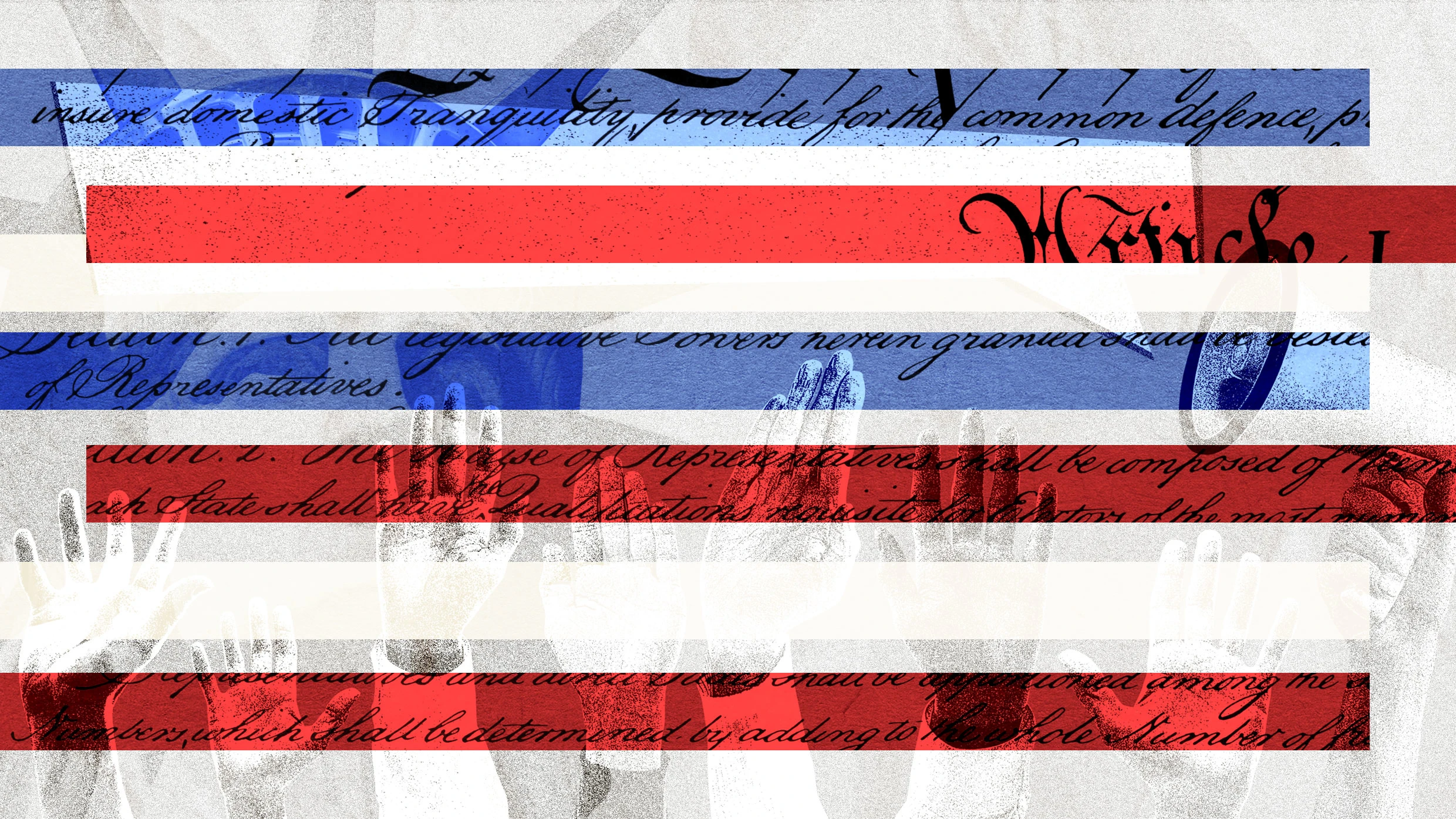
"AI can be used both for and against the public interest within democracies. It is already being used in the governing of nations around the world, and there is no escaping its continued use in the future by leaders, policy makers, and legal enforcers. How we wire AI into democracy today will determine if it becomes a tool of oppression or empowerment."
"It's been just a few years since ChatGPT stormed into view and AI's influence has already permeated every democratic process in governments around the world: In 2022, an artist collective in Denmark founded the world's first political party committed to an AI-generated policy platform. Also in 2022, South Korean politicians running for the presidency were the first to use AI avatars to communicate with voters en masse. In 2023, a Brazilian municipal legislator passed the first enacted law written by AI."
AI is already embedded across democratic processes globally and can advance or undermine public interest. Political actors have used AI to create policy platforms, communicate via AI avatars, and even draft enacted legislation. Judicial and administrative bodies are adopting AI to interpret laws and to operate across hundreds of government use cases. Governments and leaders will continue to deploy AI in policymaking, law enforcement, and public communication. The design choices made when integrating AI into democratic institutions will shape whether AI amplifies civic empowerment, transparency, and participation or facilitates surveillance, bias, and authoritarian control.
Read at Fast Company
Unable to calculate read time
Collection
[
|
...
]